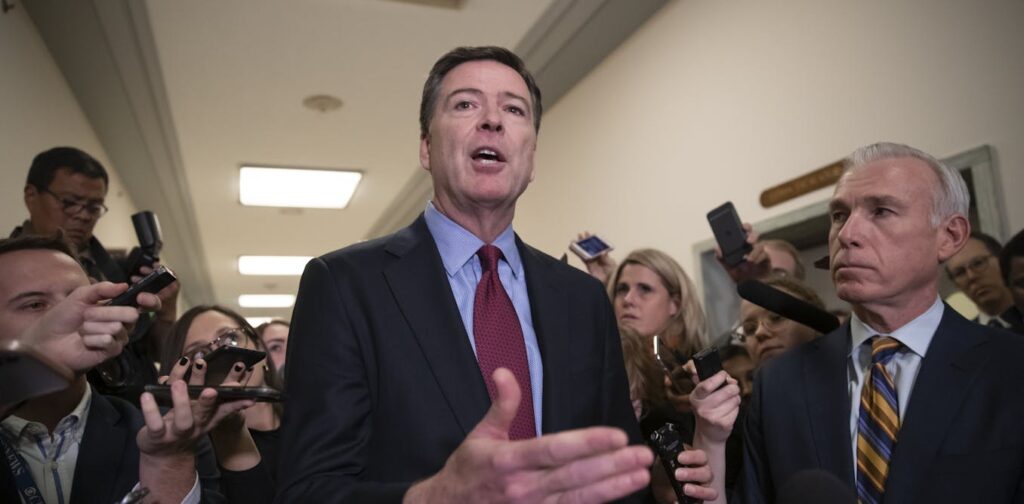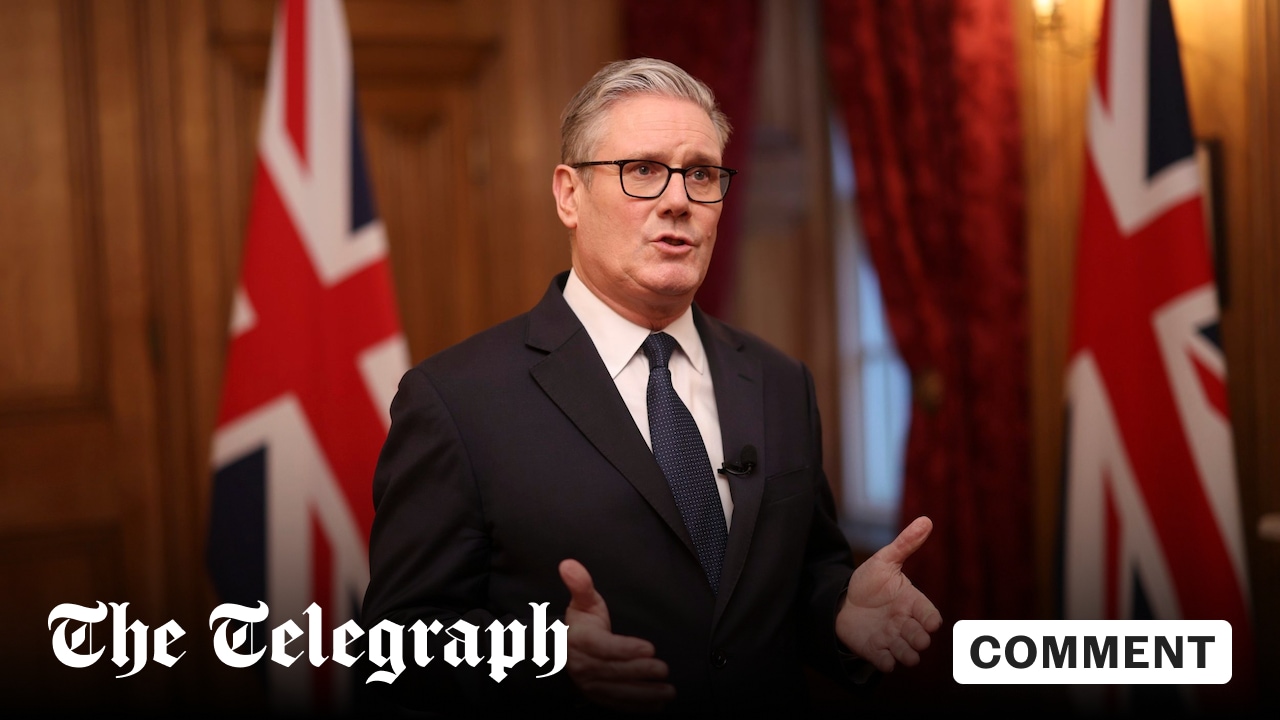
Former FBI Director James Comey was indicted by a federal grand jury on September 25, 2025, marking only the second instance in U.S. history where an FBI director has faced criminal charges. This indictment follows a social media demand by President Donald Trump for Comey’s prosecution, and the subsequent appointment of a former aide as the prosecutor in the case.
Legal experts across the political spectrum have described this as an unprecedented political prosecution that breaks fundamental democratic norms, echoing tactics used by authoritarian leaders worldwide. The indictment tests a principle that has safeguarded American democracy for decades: the notion that presidents should not direct prosecutors to charge their political adversaries.
Unconstitutional Indictment
The evidence of political interference in Comey’s indictment is unusually strong. President Trump has maintained an eight-year vendetta against Comey following the FBI’s investigation into Russian interference in the 2016 presidential election. On September 20, Trump took to Truth Social, demanding prosecution with statements that indicated a direct call for action against Comey and others.
Legal standards, such as the Fifth Amendment, protect against vindictive and selective prosecution. To prove vindictive prosecution, a defendant must show that the prosecutor acted with genuine animus and that the prosecution would not have occurred without this hostility. The U.S. Court of Appeals for the 4th Circuit has noted that the government cannot prosecute someone to punish them for lawful actions.
“If the Trump administration’s prosecution of James Comey isn’t ‘selective’ and ‘vindictive,’ then those words have lost all meaning.” — Jordan Rubin, former prosecutor
In a letter to Congress, three former White House ethics counsels emphasized that a president should never order prosecutions of political enemies, likening such actions to those seen in authoritarian regimes.
Broken Judicial Norms
Since the Watergate scandal, a core principle has been that American presidents must not interfere in prosecutorial decisions, particularly for political reasons. This principle is enshrined in the Justice Department’s manual, which mandates legal judgments to be impartial and free from political influence.
Comey was indicted on charges of making a false statement to Congress and obstruction of a congressional proceeding, linked to his testimony before a Senate committee in 2020. These allegations have been reviewed multiple times, with previous investigations declining to charge Comey. The procedural breakdown in this case highlights the violation of established norms.
When career prosecutors could not establish probable cause, Trump replaced the U.S. Attorney with Lindsey Halligan, a former personal defense attorney with no prosecutorial experience. Halligan’s swift indictment, signed without the usual support of career prosecutors, signals a weak case.
Comey’s son-in-law, Troy A. Edwards Jr., resigned, stating he was leaving “to uphold my oath to the Constitution.”
Echoes of Authoritarian Tactics
Prosecuting former law enforcement officials who investigated a country’s leader is atypical of democracies but common in authoritarian regimes. In Turkey, Russia, Venezuela, and Hungary, similar tactics have been employed to consolidate power and suppress dissent.
These actions undermine democratic institutions and transform the rule of law into a tool of political control. The pattern is clear: when leaders can manipulate the justice system to protect themselves, democracy erodes.
Implications for American Democracy
Legal experts predict that Comey will likely be acquitted due to the weak evidence and apparent political interference. However, the damage to democratic norms is significant. Trump’s actions demonstrate the potential for future government officials to face prosecution for investigating powerful figures, or alternatively, to allow corruption to go unchecked.
Yet, there may be legal vulnerabilities in the process. Legal commentator Ed Whelan has noted that Halligan’s appointment might violate existing legal statutes, potentially rendering the indictment void.
As the situation unfolds, the implications for American democracy and the rule of law remain profound. The case has sparked a broader debate on the boundaries of presidential power and the integrity of the justice system.







